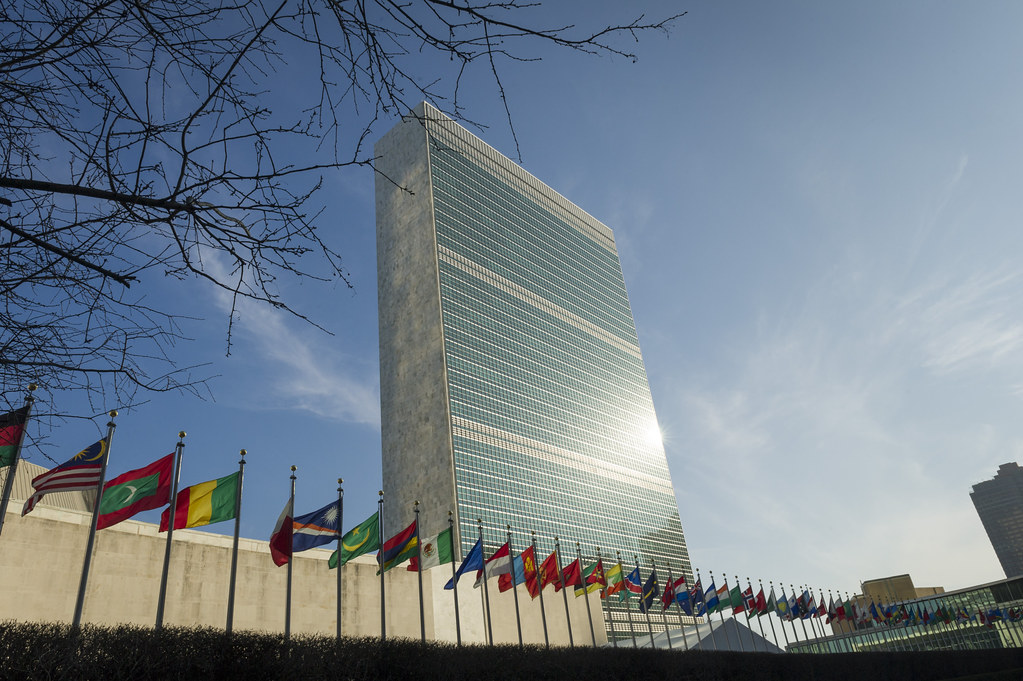Werntz’s ‘markets-first’ account of how nations and peoples are formed is commendable for the way it moves economics into the foreground. There is (still) considerable need to reflect on the ways our economy here within the United States makes us neighbors to those who are far away, rather than only to those who are near.
Login to read more
Sign in or create a free account to access Subscriber-only content.
Topics:
